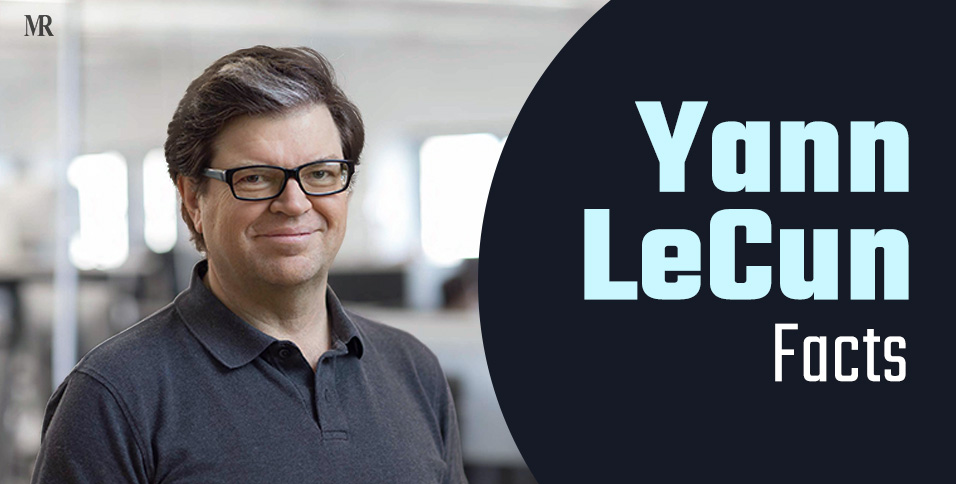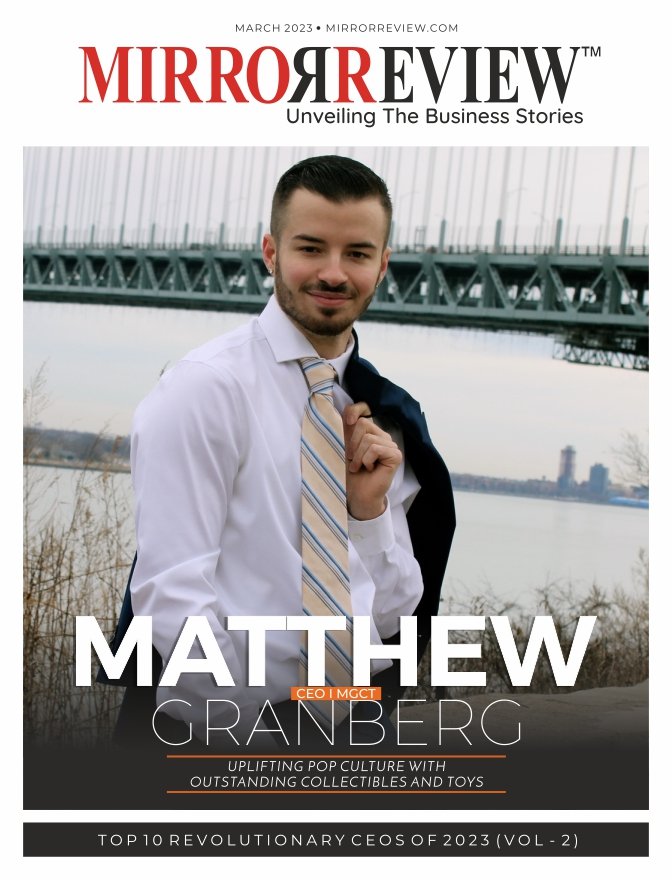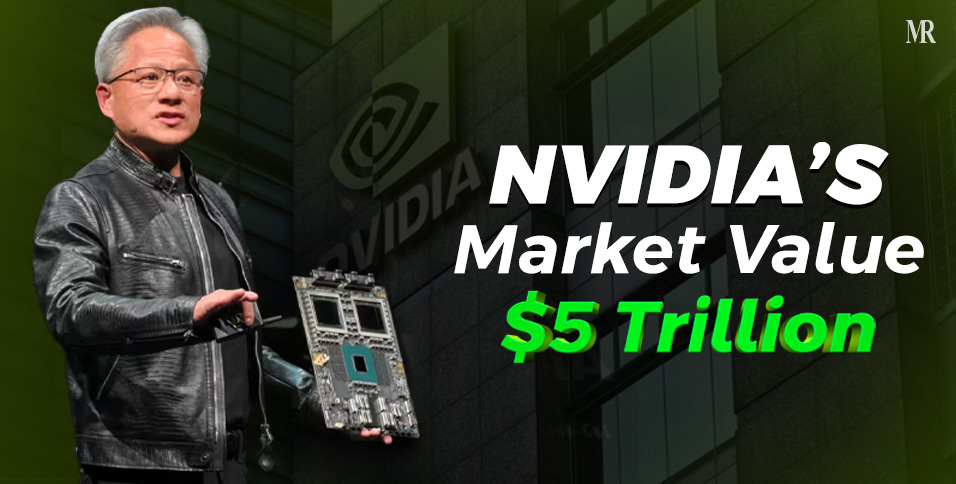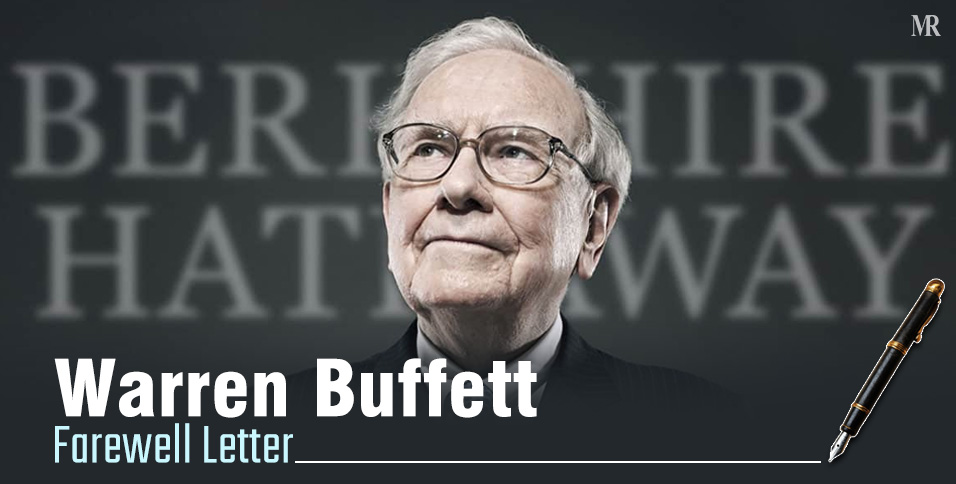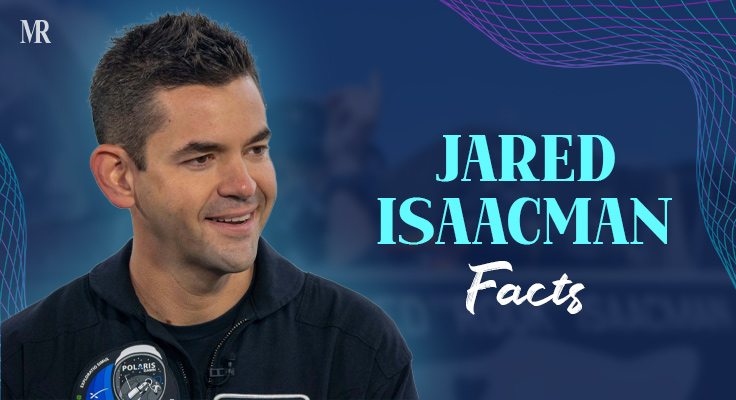If you’ve ever unlocked your phone with Face ID, uploaded a photo on Instagram, or watched self-driving cars process live camera feeds, you’ve witnessed the legacy of Yann LeCun.
But who is Yann LeCun?
Often called one of the “Godfathers of AI,” LeCun is among the few scientists whose work truly reshaped how computers learn and perceive the world.
Now, at 65, LeCun is back in the spotlight, this time for leaving Meta, where he has served as Chief AI Scientist since 2013, to build a new AI startup focused on what he calls “world models.”
So who exactly is this man daring to rethink intelligence again, and what is Yann LeCun famous for?
Here are 10 lesser-known Yann LeCun facts that reveal the journey, beliefs, and bold ideas of this AI visionary.
1. His Journey Started in a Small French Town
Born on July 8, 1960, in Soisy-sous-Montmorency, France, Yann André Le Cun grew up fascinated by machines.
His father, a mechanical engineer, encouraged him to experiment with electronics. That curiosity led him to ESIEE Paris, where he earned an engineering diploma in 1983, majoring in electrical engineering, VLSI design, and applied math.
LeCun Yann education also consists of a PhD at Sorbonne Université (then Université Pierre et Marie Curie) in 1987.
His thesis, Modèles Connexionnistes de l’Apprentissage (“Connectionist Learning Models”), explored how neural networks could mimic human learning. This was a radical idea at a time when AI research had fallen out of academic favor.
Geoffrey Hinton, co-Turing Award laureate and longtime collaborator, once said: “When most people had given up on neural networks, Yann kept the flame alive.”
2. He helped refine the backpropagation algorithm
In 1987, LeCun joined the University of Toronto as a postdoctoral researcher under Geoffrey Hinton, where he helped refine the backpropagation algorithm, which is a mathematical process that allows neural networks to adjust themselves through feedback.
This work laid the foundation for today’s deep learning, the same principle that powers everything from ChatGPT to Tesla’s Autopilot.
By 1988, LeCun was recruited to AT&T Bell Labs in New Jersey, joining the Adaptive Systems Research Department.
His goal: make neural networks work in the real world.
3. He Invented Convolutional Neural Networks (CNNs)
While at Bell Labs, LeCun made his defining contribution to Convolutional Neural Networks (CNNs).
His architecture, LeNet-5, published in 1989, allowed computers to analyze visual data hierarchically, similar to how the human visual cortex operates.
By 1994, his team had built a working handwritten-digit recognition system, later commercialized by NCR Corporation.
During the late 1990s, these AI systems processed 10–20 percent of all U.S. bank checks, a remarkable statistic for pre-Internet AI adoption.
Yoshua Bengio, fellow Turing Award winner, commented, “LeCun’s work showed the world that neural networks weren’t just academic toys—they could solve billion-dollar problems.”
4. He co-developed DjVu and the Compression Revolution
In the 1990s, at AT&T Labs Research, LeCun co-developed DjVu, an image-compression format designed for digitized documents.
It became a preferred tool for the Internet Archive and digital libraries because it achieved 5–10× smaller file sizes than existing formats while maintaining high readability.
The technology combined computer vision and data compression, further establishing LeCun as a practical innovator who could bridge theory and application.
5. He’s a Lifelong Educator and Academic
After a brief fellowship at NEC Research Institute in Princeton, LeCun joined New York University (NYU) in 2003 as a Silver Professor of Computer Science and Neural Science.
There, he laid the groundwork for what would become one of the world’s premier AI research hubs.
In 2013, he founded the NYU Center for Data Science, creating an academic ecosystem that united computer science, neuroscience, and statistics.
Peter Abbeel, UC Berkeley AI professor and founder of Covariant AI, once praised him, saying, “Yann has this rare blend of academic rigor and builder’s instinct.”
6. He Founded Meta’s Fundamental AI Research Lab (2013)
Facebook (now Meta) hired LeCun in 2013 to launch FAIR (Fundamental AI Research).
The goal was bold: transform Facebook from a social-media company into a leader in core AI research.
Under his leadership, FAIR made major breakthroughs in self-supervised learning, image recognition, and generative AI. LeCun also encouraged open publication, a rare practice for corporate research labs.
By 2020, Meta’s AI systems were flagging nearly 88 percent of hate-speech posts using algorithms built on FAIR’s foundations.
This contribution was highly appreciated as Joelle Pineau, former VP of AI Research at Meta, said: “FAIR gave Meta a scientific backbone few tech firms ever achieved”.
7. Yann LeCun is One of the Three “Godfathers of AI”
If you’re wondering, “Who are the three godfathers of AI?” Here’s your answer!
In 2018, LeCun received the ACM A.M. Turing Award alongside Hinton and Bengio for “conceptual and engineering breakthroughs that have made deep neural networks a critical component of computing.”
The trio’s recognition validated decades of persistence during AI’s “dark ages.” It also cemented their place in history as the “Three Godfathers of AI.”
At the award ceremony, LeCun joked: “We went from being heretics to heroes almost overnight.”
8. He’s Not a Fan of AI Hype or Fear
While Silicon Valley chased bigger language models, LeCun consistently voiced caution. He argues that Large Language Models (LLMs), like GPT or Llama, “don’t understand reality—they just imitate language.”
In 2023, he called the notion of achieving general intelligence through LLMs a “dead end,” emphasizing the need for AI that can reason, plan, and perceive the physical world.
“AGI won’t emerge from parroting words—it will come from machines that learn how the world works,” he said at a 2024 WEF panel in Davos.
9. Yann has a Lifetime of Recognition and Influence
LeCun’s accolades form a long list of firsts. He received:
- Queen Elizabeth Prize for Engineering (2025)
- VinFuture Grand Prize (2024)
- TIME 100 Impact Award (2024)
- France’s Chevalier de la Légion d’Honneur (2023)
He is also a member of the U.S. National Academy of Sciences and the National Academy of Engineering.
Beyond titles, LeCun serves as an advisor to more than 20 AI companies, including Wayve, Covariant, and Kyutai. This proves his deep influence across academia and industry.
10. Still a Builder at Heart
Despite his stature, LeCun remains hands-on. He builds synthesizers, remote-control aircraft, and experimental robots in his spare time.
Moreover, colleagues describe him as “a professor who still loves soldering circuits.”
That restless curiosity is exactly what’s propelling his next move, one that could redefine the future of artificial intelligence.
Why Is Yann LeCun Leaving Meta?
In November 2025, The Financial Times reported that Yann LeCun plans to leave Meta to found a startup dedicated to “world models.”
World models are AI systems that learn about reality by observing it through videos, sensory data, and simulation rather than relying solely on text-based prediction.
His decision comes amid Meta’s restructuring under Mark Zuckerberg, who formed the Meta Superintelligence Labs and appointed Alexandr Wang, the 28-year-old CEO of Scale AI, as the chief of AI at Meta.
This move shifted LeCun’s reporting line and signaled a shift toward commercial AI and large language model scaling.
Insiders told Fortune that LeCun’s Fundamental AI Research (FAIR) lab had been “slowly sidelined” as Meta prioritized product-driven divisions.
Over half of FAIR’s original research authors reportedly left within a year, and about 600 AI roles were cut in 2025 as part of cost reductions.
LeCun, who has long favored fundamental science over fast commercialization, appears to be stepping out to regain independence.
His startup reportedly aims to raise early-stage funding and build long-term, physics-aware AI, which he calls “machines that understand rather than imitate.”
“I want to build AI that can predict, reason, and plan—intelligence grounded in the real world,” said Yann LeCun, in a 2024 NYU lecture, hinting at what’s now becoming his next mission.
End Note
These Yann LeCun facts tell the story of a scientist who bridged eras from analog circuits to neural networks to generative AI.
His career charts the evolution of artificial intelligence itself: from a niche academic pursuit to the defining technology of our time.
As he departs Meta to launch his own venture, LeCun is not leaving AI behind. Instead, he’s taking it back to its roots: understanding how intelligence works in the real world.
If his past is any guide, the next revolution in AI may not come from the biggest lab, but from a small startup led by a man who’s spent forty years asking and trying to answer one simple question: “What does it mean for a machine to truly understand?”
FAQs
- What Is Yann LeCun Famous For?
Yann LeCun is famous for creating convolutional neural networks (CNNs), leading Facebook’s FAIR Lab, and shaping modern deep learning. His research continues to influence everything from computer vision to robotics.
- Who Is Yann LeCun Married To?
Yann LeCun is married to Isabelle LeCun, but he keeps his family life private and out of public attention. He often credits his family’s support for helping him balance academic research, teaching, and corporate work.
- What are some Yann LeCun books?
Some of LeCun Yann most famous books are:
- Quand la Machine Apprend (When the Machine Learns)
- La Plus Belle Histoire de l’Intelligence
- A Path Toward Autonomous Machine Intelligence
- Deep Learning: The Revolution of Artificial Neural Networks
- The Next Frontier of AI: From Perception to Reasoning

